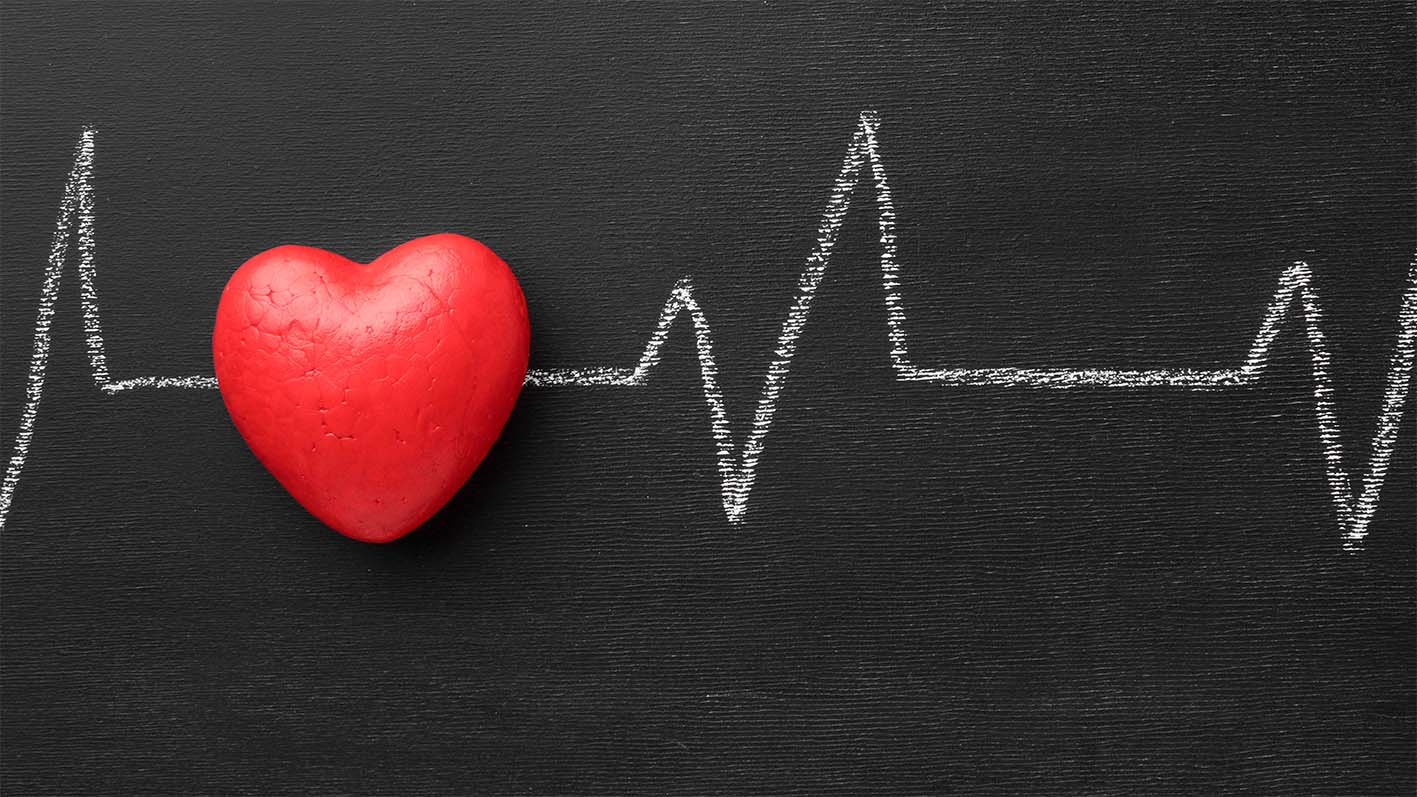
What You Need to Know About Irregular Heartbeats
Irregular heartbeats are a common yet often overlooked health issue. While many people experience them, they may go unnoticed. However, abnormal heart rhythms can sometimes indicate more serious health problems.
What Are Irregular Heartbeats?
Irregular heartbeats occur when the heart’s rhythm differs from its normal pattern. The heart beats at a specific rate, but in some cases, it may beat faster or slower than usual. This condition is known as arrhythmia.
Heartbeats are typically regular and steady. However, they may occasionally speed up or slow down. The heart beating irregularly and uncontrollably could indicate a serious health issue.
Symptoms
Symptoms of irregular heartbeats vary from person to person. Some individuals may not experience symptoms, while others may find them distressing. The most common symptoms include:
- Palpitations: A fast or irregular heartbeat can cause palpitations. This is often described as a "skipping" or "pausing" sensation in the chest.
- Dizziness or Fainting: An irregular heart rhythm can disrupt blood flow, leading to dizziness or fainting.
- Shortness of Breath: When the heart does not function properly, it may not supply enough oxygen to the body, resulting in shortness of breath.
- Chest Pain: It can lead to chest pain due to the increased effort required by the heart.
- Fatigue: Insufficient oxygen supply can cause weakness and fatigue.
Causes of Irregular Heartbeats
It can result from various factors. The most common causes include:
- Stress and Anxiety: Physical or emotional stress can speed up or disrupt heart rhythms. This condition is usually temporary and improves as the person relaxes.
- Excessive Caffeine Consumption: Caffeine can increase heart rate. Overconsumption of coffee or energy drinks can cause it.
- Smoking: Smoking negatively affects heart health. Nicotine can speed up and disrupt the heart’s rhythm.
- High Blood Pressure (Hypertension): High blood pressure puts extra strain on the heart, leading to irregular heart rhythms.
- Heart Diseases: Conditions such as heart attacks, heart failure, and coronary artery disease are major causes of it.
- Thyroid Disorders: The thyroid gland affects heart rate. Conditions like hyperthyroidism can cause it.
- Electrical Problems: Issues with the heart’s electrical conduction system can lead to arrhythmias.
Treatment for Irregular Heartbeats
Treatment depends on the cause of the arrhythmia. Common treatment options include:
- Medication: Various drugs help regulate heart rate and rhythm.
- Ablation Therapy: In some cases, abnormal electrical pathways in the heart are destroyed to correct irregular rhythms.
- Pacemaker: If the heart beats too slowly, a pacemaker may be implanted to regulate heart rate.
- Lifestyle Changes: Maintaining a healthy lifestyle is essential for managing it. Regular exercise, a balanced diet, and stress management can improve heart health.


